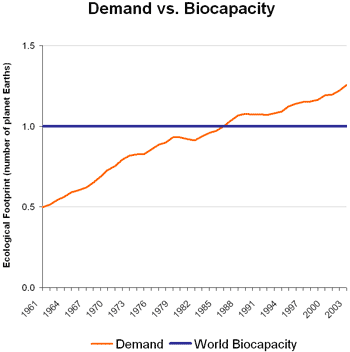A Ponzi scheme is a fraudulent investment operation that promises, and delivers (at least for a while) exceptionally high and consistent financial returns to investors. These returns are paid to its investors from their own money, and the money paid by subsequent investors, rather than from any actual profit earned by bona fide income generating investments (such as manufacturing, mining, or rental income). In ways similar to "pyramid schemes" or "chain letters", in order for a Ponzi scheme to work, it must continuously attract an ever increasing pool of investment from unsuspecting customers, in order to provide an ever increasing supply of money to draw upon to maintain payments to its ever increasing pool of investors. The trick is to promise such glorious results that the greed factor overcomes its victim's common sense as they turn a blind eye to the fact that the scheme lacks a solid foundation and can't go on forever. It is absolutely critical to the success of all Ponzi schemes that an aura of respectability and impeccability be maintained for as long as possible, for as soon as suspicions spread concerning the fraudulent nature of the business, new investments dry up and the Ponzi scheme collapses, since it has no source of true earned income with which to maintain payments to investors.
So, is it true that we are running our planet like a Ponzi scheme? And if this is true, does it mean that we must inevitably face collapse, as all Ponzi schemes must eventually end in catastrophe?
The illusion that the "Free Market" is the logical savior of our world has been maintained by the promise of riches and an ever increasing standard of living and lifespan that has been demonstrated by the industrialized world for the past several hundred years. On the surface, who can look at the apparent success of America, and not come to that quick conclusion? However, when you look deeper, you will find that this success is built on a business model based upon exponential growth, and that this growth must be fed by a similar exponential growth in consumption of energy, natural resources, raw materials, and in the continuous expansion to new markets. All of this is well and good when the world has an abundant supply of undeveloped lands and unused resources, but it starts coming apart as that same world approaches its natural limits to growth and consumption.
To summarize Stein's model, the environmental Ponzi Scheme promotes and promises a future dependent on necessary, life-sustaining assets - such as forests, oceans, the atmosphere, fresh waters and other vital resources - that simply will NOT be in place or available when the generation it is being sold to tries to collect. Stein makes a very persuasive case for the consequences of depleting these resources and then asserts:
If the previous list is not enough to convince yourself that we are operating a giant Ponzi scheme, and that we are running out of new sources of energy, untapped markets, and raw materials to keep it running, then the following two figures should open your eyes.


The second figure shows us that back in the mid 1980's, when our world had just over half its current population, we first exceeded the capacity of our planet to continuously supply us with the food and raw materials that we consume, and to process our wastes. What this means, is that we have been consuming our planet's resources faster than they regenerate, and polluting its natural systems faster than they can recover. This "drawing down" of our resources, is essentially spending the money from investors (all of us) in this Ponzi scheme, and when the remaining "money" (the natural resources and ecosystems of our world) can't support the payments anymore, it will most certainly collapse!
Unfortunately, it's going to take more than minor changes in the way we do business to get off this giant Ponzi scheme. It will not be easy, but I do believe it is doable. For a good idea of what it is going to take to make the shift to sustainability and get off this Ponzi scheme, see my prior Huff Post blog, 12 Tips for the Sustainability Shift.


nike shox for women
ReplyDeletegolden goose
longchamp bags
jordan shoes
pg 1
curry 6 shoes
hermes birkin
longchamp
chrome hearts store
supreme
yeezys
ReplyDeletekyrie 6
yeezy
nike lebron 15
hermes handbags
kyrie irving shoes
golden goose
a bathing ape
air jordan
supreme clothing
supreme shirt
ReplyDeletekd13
pandora bracelet
golden goose outlet
supreme
yeezy shoes
lebron shoes
curry 8
curry 5 shoes
nike sb